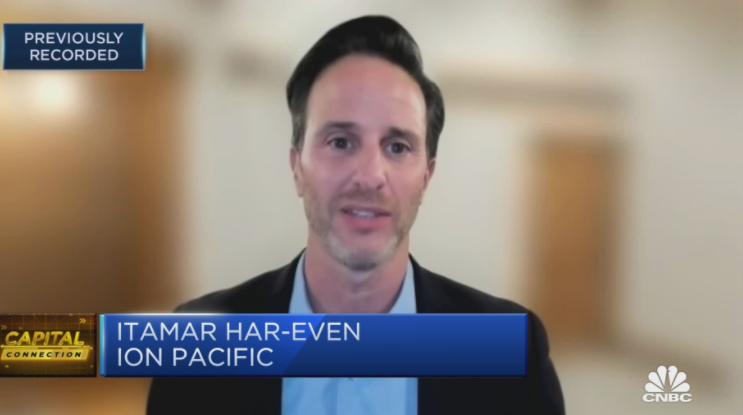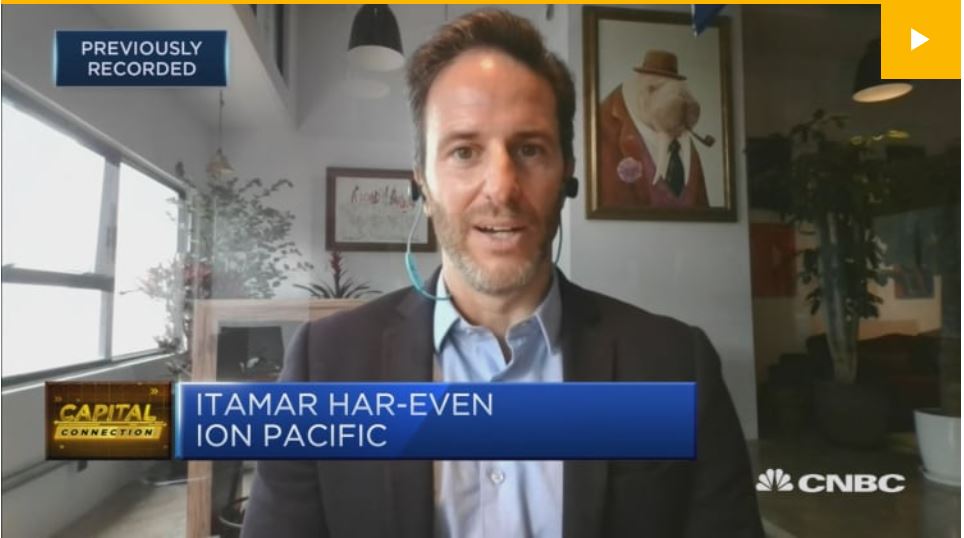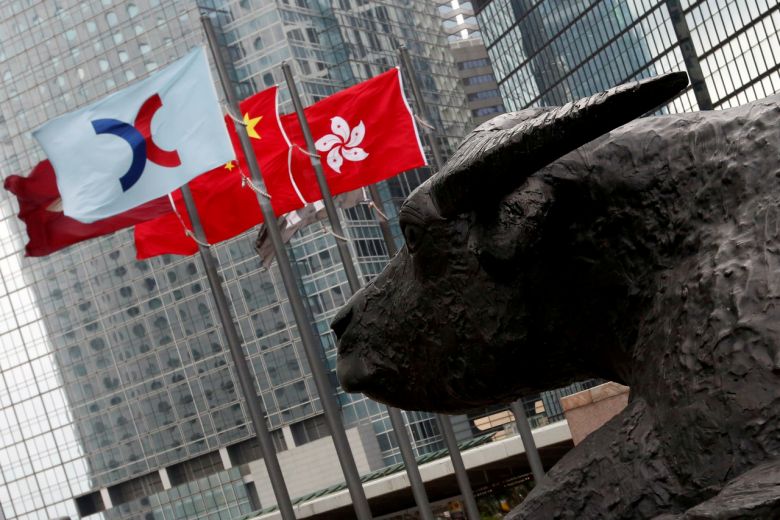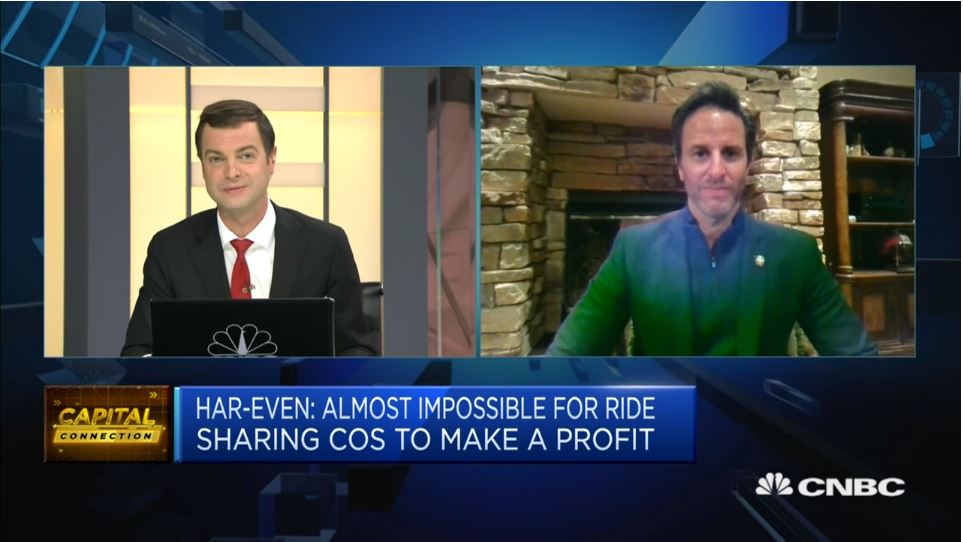Do Chinese companies have problems in moving money offshore, or they simply have more homework to do?
When Anbang abruptly terminated its attempt to acquire US hotel chain Starwood in late March despite sweetening its offer several times in three weeks to upstage its rivals, many industry experts had said that the deal was being clocked by the Chinese authorities.
However, three months later when Anbang pulled out from another deal, after US authorities raised doubts about the insurer’s company’s shareholding and financing structure, there were many who felt that the crux of the problem was within the company itself.
But Anbang’s travails are not unique. In fact, it was following in the footsteps of several other Chinese companies who had paid hefty premiums to the offer price to outbid competition in mega deals.
“They (Chinese buyers) tend to wait until the process has gone through and let the other buyers do the due diligence and price negotiations … and they would think ‘if it is good for other buyers, it is going to be good for us, so just add a bit and we can close the deal quickly’,” said Itamar Har-Even, co-founder and co-CEO of Ion Pacific, who has participated in several deals involving Chinese companies.
But the trick does not work always.
Announced overseas deals by Chinese companies this year has exceeded that of the whole of 2015, making China the world’s biggest buyer of foreign companies for the first time ever. But there has also been a significant increase in the number of failures, according to Dealogic.
“I do not think that the curbs on capital outflows are a major obstacle,” said Har-Even. He later clarified his remarks, saying there are a number of other hurdles for Chinese companies besides capital outflow curbs. In fact, it is usually used as an excuse by some Chinese buyers when they find that financing is not as smooth as they expected, or if they are unprepared for the stringent regulatory approval process.
This article was also published as an opinion editorial in South China Morning Post as“Do Chinese companies have problems in moving money offshore, or they simply have more homework to do”, here.















